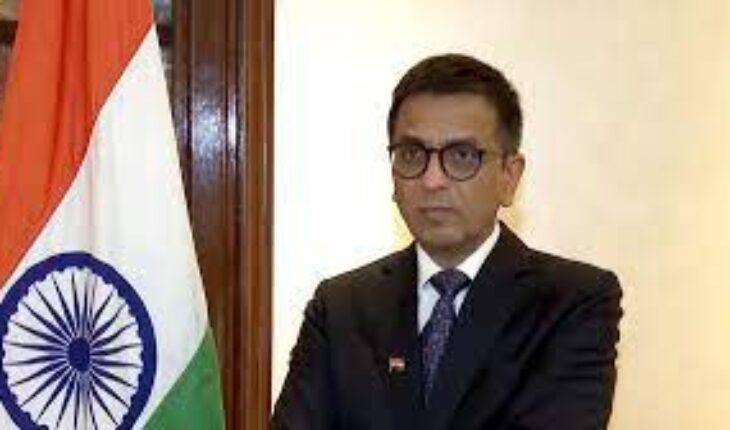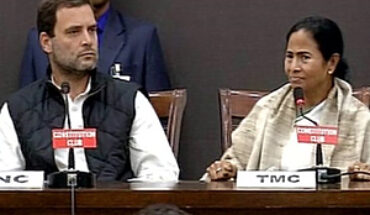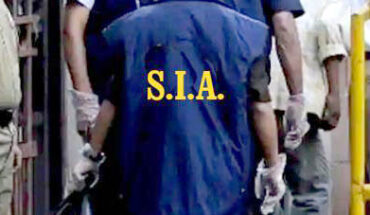Chief Justice of India DY Chandrachud on Tuesday said that Article 35A of the Constitution had stripped individuals not residing in Jammu and Kashmir of significant constitutional rights. The Chief Justice highlighted that this article had particularly curtailed equality of opportunity, state government employment, and the right to purchase land for non-residents.
Article 35A, which was annulled in August 2019 alongside Article 370, permitted the state’s legislature to define “permanent residents” and grant them special privileges concerning public employment, property ownership, and settlement.
Chief Justice Chandrachud pointed out the direct impact of Article 35A on certain fundamental rights. Article 16(1), which assures citizens of equal opportunity in public employment, had been negated by Article 35A. This infringement remained protected from legal challenges, effectively restricting the power of judicial review. Moreover, Article 19, which guarantees the right to reside and settle in any part of the country, was also compromised.
The rationale for scrapping the special status of Jammu and Kashmir, as advocated by the Centre, was to create a level playing field and integrate the region with the rest of the country. Solicitor General Tushar Mehta, representing the Centre, highlighted that the move had brought Jammu and Kashmir in line with the nation, thereby implementing welfare laws that were previously not applicable to the region.
A notable example mentioned was the introduction of the Right to Education through a constitutional amendment. Before the abrogation of Article 370, amendments to the Indian Constitution did not apply automatically to Jammu and Kashmir. Consequently, the Right to Education had not been enforced in the region until 2019.
Chief Justice Chandrachud drew parallels with Mehta’s example, underscoring that amendments such as those related to secularism and socialism were never adopted in Jammu and Kashmir due to the same legal framework.





